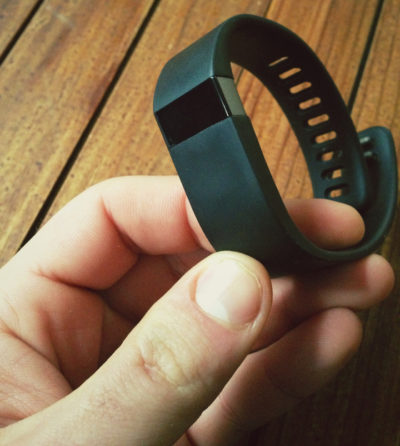Fitbit buys Pebble as wearables consolidation continues
Fitbit buys Pebble as wearables consolidation continues

Fitbit is reportedly buying the troubled Pebble smartwatch in further consolidation in the flagging wearables market.
Full details and dollar value of the deal hasn’t yet been made public but the two firms, which were said to be in the final stages of a tie-up prior to Thanksgiving, have now reportedly inked a deal.
And with the rocky state of consumer wearables this is just the latest in a consolidation trend that is expected to continue to reconfigure the industry.
Leading up to the deal Pebble was suffering from staff cutbacks and delays to the launch of its latest smart watch.
And though Fitbit remains the top wearables company worldwide, it too has been struggling as seen by its recent forecast that anticipates poor sales in the holiday quarter,
The Verge examined why the Fitbit acquisition of Pebble makes sense in the short term.
Goode says that the consolidation trend is exemplified by the number of digital health apps that larger companies have recently acquired, often for their data gathering potential more than their hardware.
“Ever since the notion of the quantified self first became a thing with these digital trackers, their perceived value has been largely dependent on how much data they could gather, and how companies could use that data,” said Goode. “If a company is struggling to sell hardware, it could always sell off its platform or its data.”
She also attributes the Pebble acquisition to Fitbit looking to diversify away from fitness tracking and boost assets other than just hardware.
“It’s not about the hardware, but about acquiring talent, software, and a homegrown smartwatch platform,” she says. “Owning a smartwatch platform would help diversify Fitbit’s product lineup if it chooses to go further down the smartwatch path.”
Fitbit taking out competitors it can hit
She also suggests that Fitbit has managed to absorb its biggest competitor that it can afford. Pebble is within Fitbit’s price range while other wearable makers like Apple, Garmin or Xiaomi are beyond reach.
Pebble burst onto the consumer wearables scene in 2012 with a record-breaking Kickstarter campaign for its smartwatch and strong early sales.
However, it has reportedly been struggling mightily for the last year as its Pebble Time 2 watch suffered a release delay and the company announced it was laying off 25% of its staff.
And Pebble isn’t the only troubled company in the consumer wearables market. Google announced its latest version of Android Wear software is delayed until 2017. And LG, Huawei and Motorola – three major manufacturers of Android Wear watches—in turn delayed launching new watches this autumn.
A recent study by International Data Corp. found that worldwide volumes of shipped smartwatches fell nearly 52% in the third quarter of 2016 compared to the same period last year.
The post Fitbit buys Pebble as wearables consolidation continues appeared first on ReadWrite.
(19)













